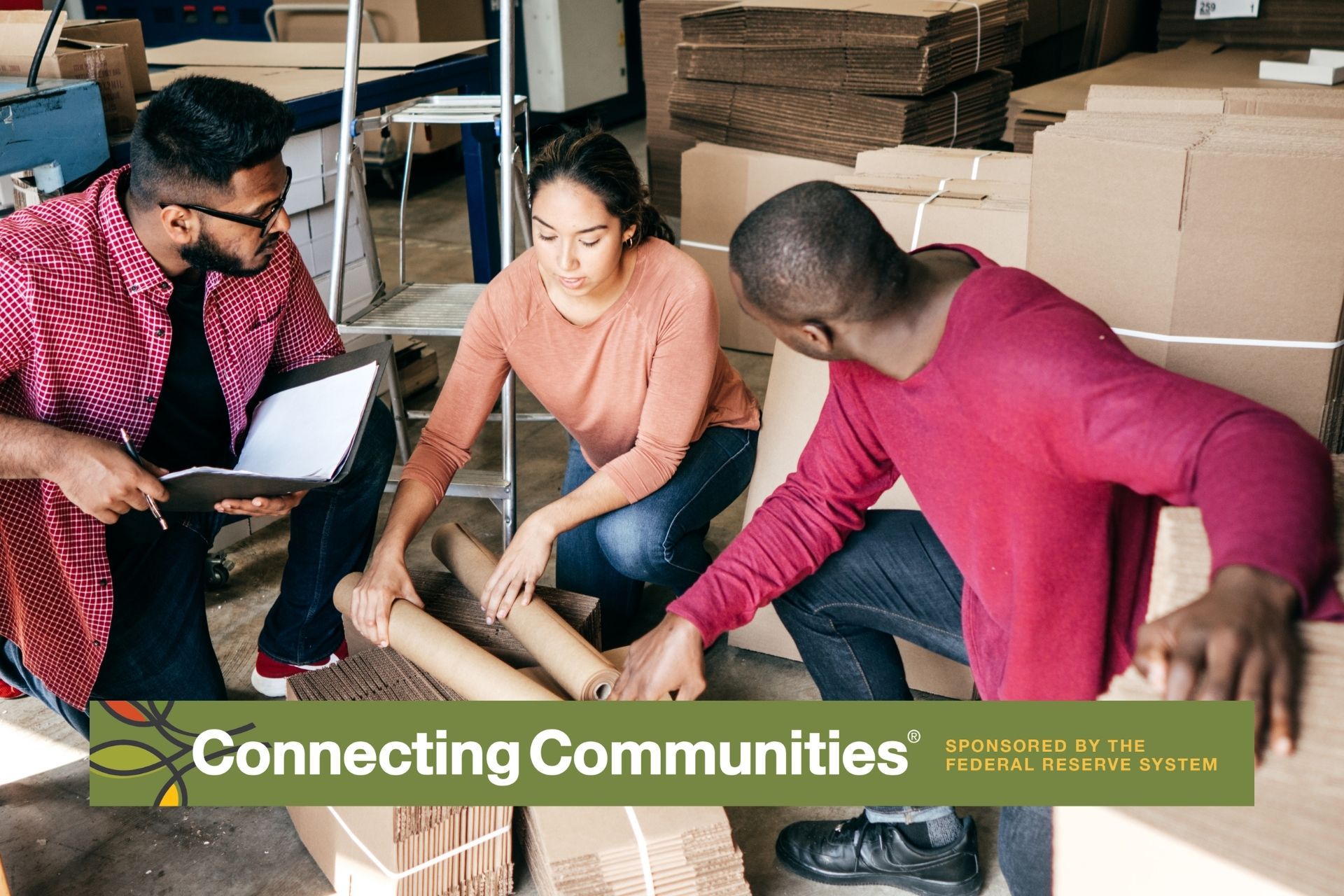
- This event has passed.
Connecting Communities: Innovative Models to Create a More Equitable Lending Landscape for Underserved Entrepreneurs
August 12, 2021 @ 3:00 pm – 4:00 pm EDT

The pandemic exposed deep structural inequities in America’s financial system. When COVID-19 hit the US, it became clear that millions of Americans and small businesses were disconnected from our banking system. This session will cover the kinds of partnerships and innovative programs that were created to help fill the capital void for the small businesses that are struggling the most.
Event details
The public and private sectors collaborated in a number of states to set up funds to provide responsible and affordable credit to these small businesses. The California Rebuilding Fund and the Southern Opportunity and Resilience (SOAR) Fund are key examples of these partnerships. Both programs saw community groups, community development financial institutions, and private and philanthropic capital (and in California’s case, the state government) come together to provide low-interest loans to businesses.
A number of new models have arisen that may continue to be used long-term to provide small-business owners—particularly those that are underserved by traditional financial institutions—with capital to survive and grow. This panel brings together thought leaders within these sectors to discuss these new partnerships and models, as well as methods of creating opportunities for a more equitable lending landscape. Speakers will also inform the ways federally-funded and state-led capital access efforts can help scale these innovative programs to help them thrive long-term.
Speakers
- Beth Bafford, vice president of syndications and strategy, Calvert Impact Capital
- Tahreem Kampton, corporate treasurer and chief investment officer, Microsoft
- Rocio Sanchez-Moyano, senior researcher, Federal Reserve Bank of San Francisco (facilitator)
- Luz Urrutia, CEO, Accion Opportunity Fund
- Matuschka Lindo Briggs, director of special projects and strategic support, Federal Reserve Bank of St. Louis (moderator)





